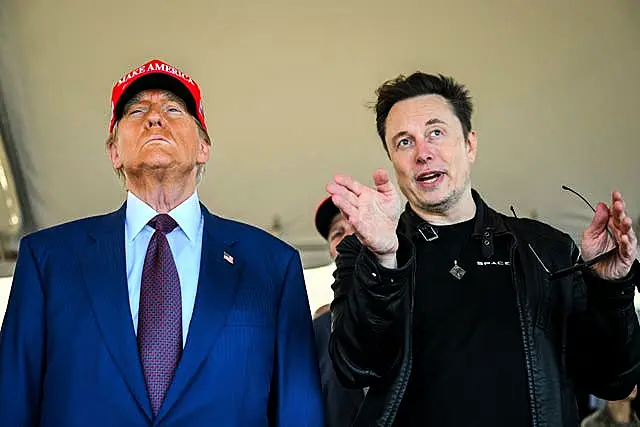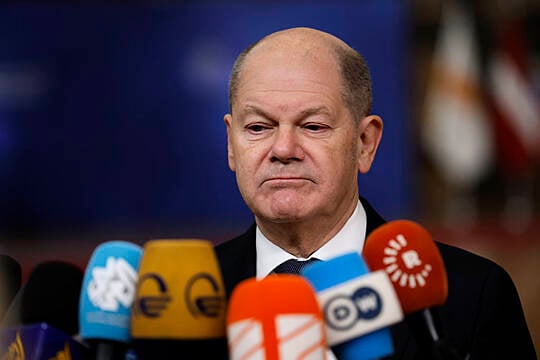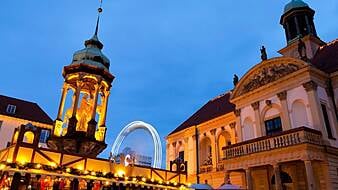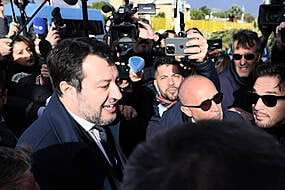Chancellor Olaf Scholz has dismissed an assertion by Elon Musk that only a far-right party can “save Germany”, but said that freedom of opinion “also goes for multibillionaires”.
Germany is expected to vote in an early election on February 23 after Mr Scholz’s three-party governing coalition collapsed last month in a dispute over how to revitalise the country’s stagnant economy.
Mr Scholz is hoping to win a second term, but polls have shown the main opposition centre-right Union bloc in the lead and the chancellor’s centre-left Social Democrats trailing well behind.

The far-right Alternative for Germany, or AfD, is polling strongly but its candidate for the top job, Alice Weidel, has no realistic chance of becoming chancellor because other parties refuse to work with it.
In a post on his social network X, formerly Twitter, early on Friday, Mr Musk wrote: “Only the AfD can save Germany.”
Ms Weidel posted a video on X thanking Mr Musk — an ally of US President-elect Donald Trump — and declaring that her party “is indeed the one and only alternative for our country; our last option, if you ask me”.
Asked about Mr Musk’s comment at a news conference with his Estonian counterpart, Mr Scholz replied: “We have freedom of opinion — it also goes for multibillionaires, but freedom of opinion also means that you can say things that aren’t right and don’t contain good political advice.

“I say emphatically that the democratic parties in Germany all see it differently,” he added.
Earlier Friday, the government was asked whether Mr Musk’s comment would have any consequences for its own presence on X.
Spokesperson Christiane Hoffmann noted that the German government has expressed concern about how X developed since Mr Musk took over the former Twitter but has concluded time and again that it will stay “because it is an important medium to reach and inform people and it brings significant disadvantages if the government, or the chancellor, is not represented on relevant social media”.
Mr Scholz lost a confidence vote on Monday, leaving the decision on whether to dissolve parliament and hold an early election with Germany’s usually largely ceremonial head of state.
President Frank-Walter Steinmeier’s office said Friday he will make an announcement on December 27.







